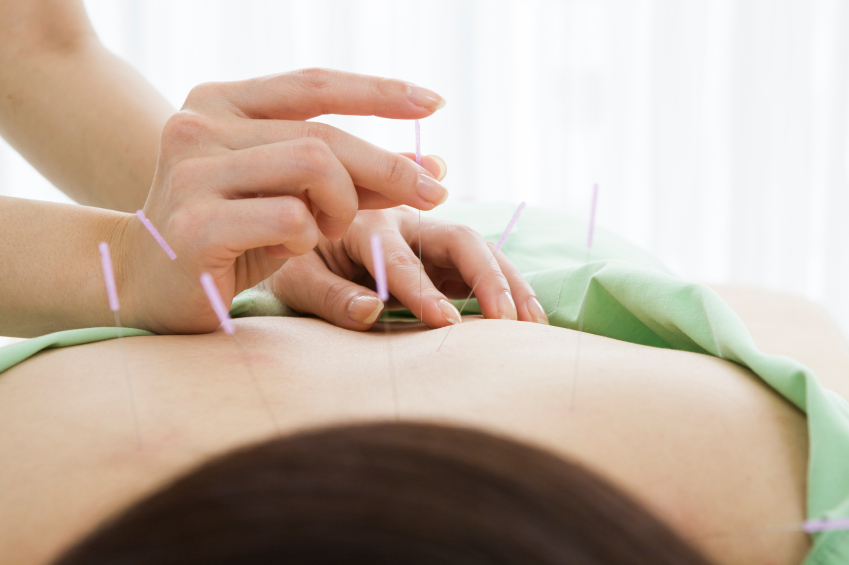A holistic approach to cancer treatment

“Although many people think of a cancer diagnosis and recovery as just a physical process, there have been many studies that show that emotional and spiritual wellness play a very important role in physical health,” explains Sue Zuk, RN, MSN, Director of the Cancer Center of Paoli Hospital.
Now, instead of just offering chemotherapy, radiation, and other traditional methods of cancer treatment, hospitals and major cancer treatment centers are taking a holistic approach to treating cancer. Below, Zuk explores some of the options available today, and how they’re improving the lives of cancer patients.
Art and music therapy
As anyone who has been affected by cancer knows, it can be an all-consuming disease. Art and music therapy, both offered at Paoli Hospital, aim to change that.
“Art and music therapy can be offered in a one-on-one or a group setting, depending on the environment, and many patients appreciate the ‘distraction’ from their everyday dealings with cancer treatment, symptoms, and the like,” says Zuk.
But spending time in art and music therapy doesn’t just provide a welcome distraction for cancer patients—it has health benefits, too. Both have been shown to relieve stress, anxiety, and depression, and music therapy has also been linked to a lower heart rate, blood pressure, and breathing rate, as well as reduced pain, nausea, and vomiting as a result of cancer treatment.
Nutrition and exercise
Just as diet plays an important role in keeping you healthy before cancer, it plays an important role in keeping you healthy during cancer treatment and recovery. Although new studies seem to come out every day about a new diet that prevents cancer or lowers your risk, Zuk says the best diet to follow during cancer treatment and after is one rich in fruits, vegetables, nuts, lean meats, and whole grains. For more specific nutritional needs, your physician may also be able to recommend a dietitian or nutritionist to work with you during your treatment.
Not only is exercise safe during cancer treatment, it’s recommended. Regular exercise has been shown to reduce fatigue, anxiety, and self-esteem, as well as improve muscle strength and blood flow. Of course, exercise can sometimes be easier said than done for cancer patients and survivors.
“Everyone who has or has had cancer has different abilities when it comes to physical exercise, so it’s important to find a routine that meets your capabilities and that you are physically able to do and feel comfortable with,” says Zuk.
The best approach, she says is to start simple. Many men and women who are have cancer or in a survivorship program choose to start with gentle aerobic exercises like walking, chair yoga, or tai chi. Before you begin any fitness program, talk to your oncologist or a physical therapist about what is safe for you.
Massage, acupuncture and reiki
For patients and their families, cancer can be a stressful disease. But thanks to a new emphasis on treatments like massage, reiki, and acupuncture, more patients are tapping into the power of touch to capitalize on its relaxing benefits.
Massage and reiki, though slightly different in their techniques, offer a number of benefits for patients, many of which vary from patient to patient and tend to be emotional, rather than physical. Both practices have been said to reduce stress and anxiety, and promote spiritual and mental balance. In addition, massage can reduce fatigue and improve circulation, a particularly important factor for cancer patients or survivors who develop lymphedema.
While massage and reiki focus especially on the emotional and spiritual aspects of cancer, acupuncture offers physical benefits.
“Acupuncture is a very popular practice for patients who are undergoing cancer treatment because it reduces many of the unpleasant physical side effects, like nausea, fatigue, and headaches,” says Zuk.
Before you head to a local masseuse or acupuncture clinical, says Zuk, be sure to talk to your oncologist or care team. They can recommend a professional who has experience working with cancer patients.
Main Line Health has four dedicated Cancer Centers dedicated to the early detection, treatment, and prevention of breast, prostate, colorectal, lung, and other cancers. Visit our website to learn more about Main Line Health cancer services.